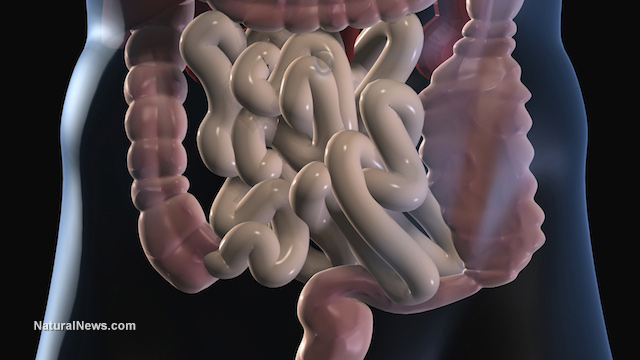
Advertisement
One of the most fundamental parts of living a nourishing and healthy lifestyle is to maximize the body’s ability to digest food and absorb all the nutrients they give. This means that the digestive system plays one of the most important roles in your overall health.
Unfortunately, there are many who suffer from varying digestive problems such as cramping, gas, abdominal pain, bloating, diarrhea and even constipation. If you’re currently dealing with digestive problems, eating healthy foods that promote optimal digestion empowers your body by allowing it to absorb and use all the nutrients it needs to perform bodily functions that promote health and wellness.
Foods for the digestive system
Digestion is the process the body uses to break down food into nutrients to be used in other bodily functions. However, when things get awry, you might need to start eating certain foods to get your digestive system back on track. Below you can find a list of foods you should eat to soothe your digestive woes and keep the system healthy and running smoothly.
Chia seeds
These tiny seeds are native to Mexico and Guatemala and are a fantastic source of nutrients and antioxidants that support digestive health. Chia seeds are rich in dietary fiber – with two tablespoons of chia seeds providing around 10 grams of fiber – that support the growth and proliferation of healthy bacteria in the gut which, in turn, contributes to healthy digestion. Dietary fiber can also help promote regular bowel function, reducing the need of using laxatives.
Bone broth
Bone broth is an easy, cost-effective way to improve digestion and reduce inflammation. It is made by simmering the bones and connective tissue of animals. This broth contains gelatin derived from the amino acids glutamine and glycine, which helps attract and bind fluid in the digestive tract to help food pass more easily. Glutamine, in particular, protects the functioning of the intestinal walls and can improve leaky gut and other inflammatory bowel diseases.
Lacto-fermented vegetables
Lacto-fermented vegetables – including pickles, kimchee and sauerkraut – are potent detoxifiers. Because of the fermentation process, these foods contain probiotics that can improve gut microbiota. Lacto-fermented vegetables also help break down and eliminate toxins plaguing the body.
Sauerkraut, in particular, is made from shredded cabbage and fermented with lactic acid. A study published in the journal Applied and Environmental Microbiology found that sauerkraut contains about 28 distinct bacterial strains that nourish the good bacteria in the gut.
Dark green vegetables
These types of vegetables are a rich source of insoluble fiber, which helps add bulk to the stool and quickens the pace it travels throughout your digestive system. These leafy greens are also a great source of magnesium, which contributes to relieving constipation through improving muscle contractions. Examples of these dark, leafy green vegetables include Brussels sprouts, kale, spinach and broccoli. In addition, a study published in the journal Nature Chemical Biology identified a certain sugar produced by these vegetables that feeds the good bacteria in the gut.
Salmon
Salmon is a fatty fish rich in omega-3 fatty acids, which harbor potent anti-inflammatory properties that can help reduce the effects of inflammatory bowel diseases and other digestive disorders that trigger inflammation in the gut. This, in turn, can improve digestion. Wild Alaskan salmon, in particular, is a fantastic choice versus Atlantic and other varieties of the fish as these wild-borne fish aren’t fed with genetically modified foods.
Digestive issues can be a challenging hurdle to overcome, but eating certain foods can definitely help you deal with the uncomfortable symptoms. Learn more about these gut-healthy foods and plenty more by visiting Organics.news.
Sources:
HopkinsMedicine.org [PDF]
Advertisements







